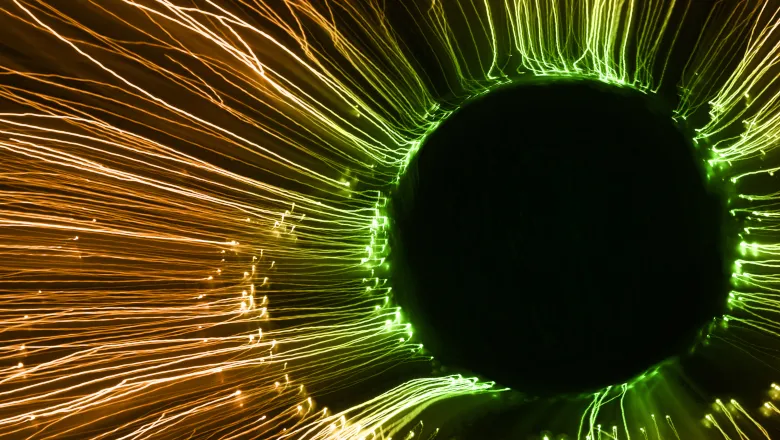This experiment holds incredible potential and comprises a wealth of expertise from all corners of the globe. There is huge momentum to get the experiment up and running against some logistical challenges caused by current events, but it’s a challenge I’m looking forward to. My goal is that this experiment will create a plethora of data that colleagues across the world will draw upon for many years to come.”
Francesca Di Lodovico, Professor in Particle Physics, Department of Physics
05 April 2023
Professor of Physics Francesca Di Lodovico re-elected as international spokesperson for Hyper-Kamiokande experiment in Japan
The Hyper-Kamiokande experiment, led by Prof. Francesca Di Lodovico, aims to address some of physics’ most fundamental questions with the potential to change our understanding of the universe.

Prof. Francesca Di Lodovico, a Professor in Particle Physics in the Department of Physics, has recently been re-elected as the international spokesperson for the Hyper-Kamiokande experiment for a second term. The experiment, located in Kamioka, Japan, aims to address some of the core questions sitting at the heart of physics. These include why there is more matter than anti-matter in the universe, whether matter is stable, and whether electric, magnetic, weak, and strong nuclear forces unify.
The flagship neutrino experiment will record any cosmic physical processes, such as supernovae, through the interaction between a directed beam of neutrinos and the 40,000 high sensitivity photosensors in the bell of the Hyper-Kamiokande's 260,000-ton water tank.
With improvements in technology, the Hyper-Kamiokande experiment will be able to collect more data with greater precision than its predecessors, the smaller Super-Kamiokande and Kamiokande. With these advancements, the main goal of the new experiment is to understand how the current matter-dominated universe evolved from the Big Bang, when an equal amount of matter and antimatter were created.
Prof. Francesca expressed her excitement about the experiment and the challenges that lie ahead in completing it on time. She also highlighted the importance of collaboration and ensuring that the experiment produces a great wealth of information that will be of significant value to the scientific community.
The Hyper-Kamiokande experiment builds on the success of the previous Japanese water Cherenkov detectors, which have resulted in two Nobel Prizes so far. The experiment is expected to start collecting data in 2027 and has the potential to make transformative discoveries in the field of physics.

